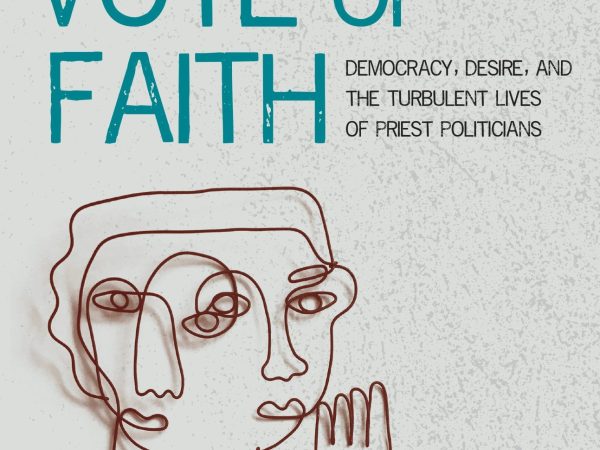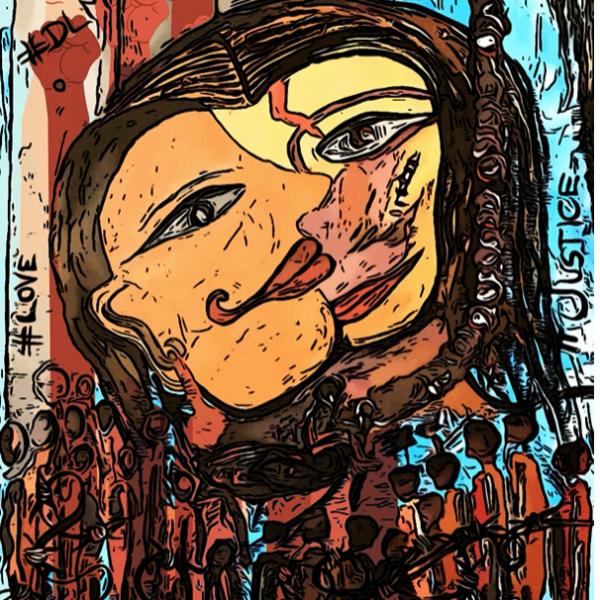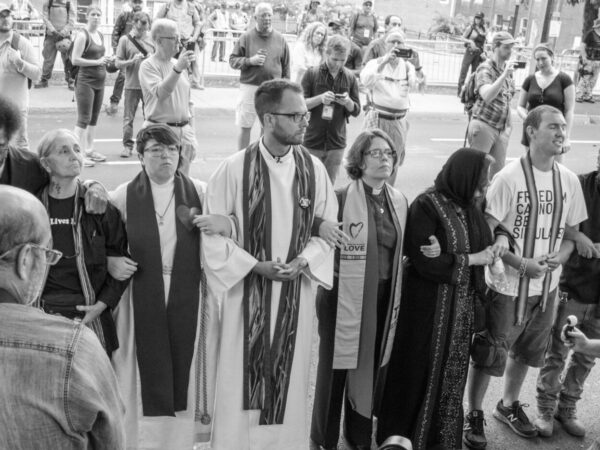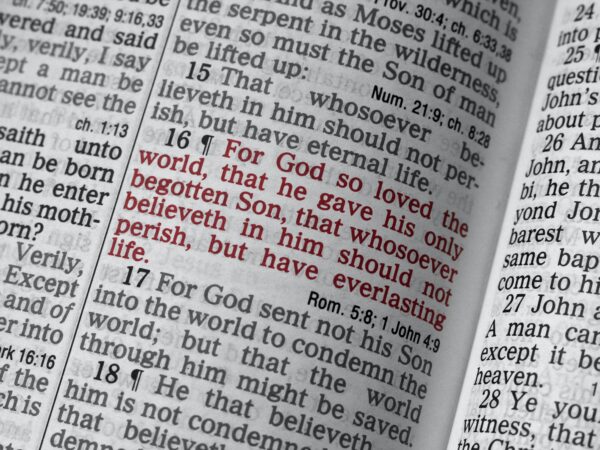
Priests, in order to become mayors, had to be viewed as lovers. So, the mayor-priest is a ‘lover’ in multiple senses. He has to embody God’s love. He has to perform paternal love. He has to signal to society that he is also, very likely – albeit in secret – to be a good sexual lover as well.

Love disrupts both the ruin and misery we inflict upon others as well as our preoccupation with ourselves, for these are interdependent, synergistically working together for the degradation of all.

Song of Solomon 2:8-13 invites us to listen to the voices that are subjugated by systems of sexism, racism, xenophobia, bigotry, and the like. When love is forbidden, streets will be crowded, when love is forbidden, widows will be broken, when love is forbidden, resilience is inevitable.








